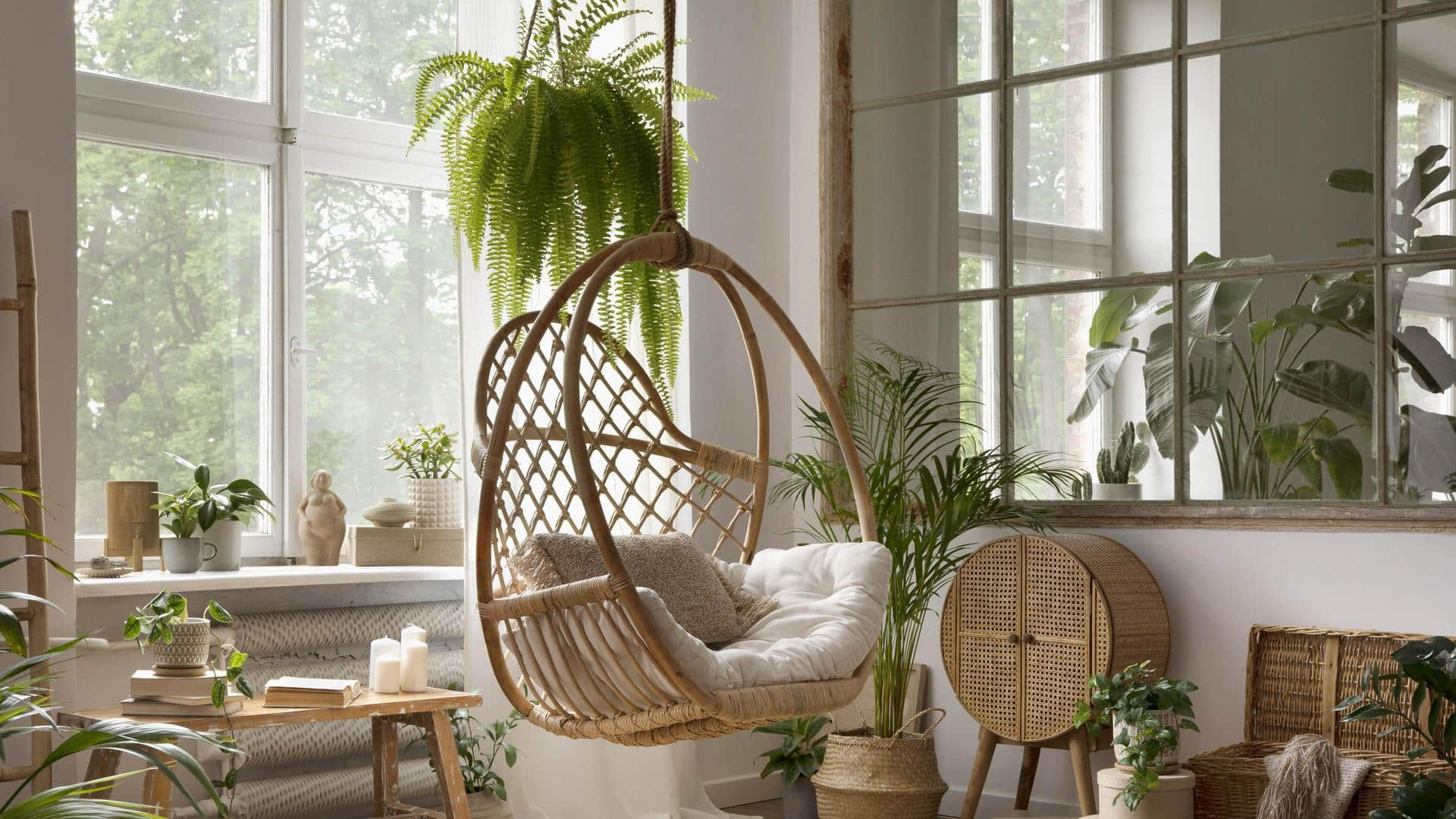
How to ensure your furniture is truly sustainable
What's the story
More and more green furniture companies are popping up to meet the needs of environmentally aware consumers.
They focus on producing sustainable and eco-friendly furniture.
From responsibly sourcing materials to managing the furniture's lifecycle, they are actively working towards creating a greener world in the furniture industry.
Join us as we dive into the factors that determine furniture's true sustainability.
Sourcing
Ethical sourcing of raw materials
To ensure sustainability, it is important to know where raw materials come from, how they are sourced, and whether they meet local laws.
It's equally important to consider the environmental impact of harvesting, extraction, and transportation of these materials.
Jannat Gill, co-founder and design head of Daera, emphasizes her commitment. "We exclusively collaborate with legitimate and licensed vendors who provide ethically sourced wood."
Toxin-free paints
Opting for lead-free paint and water-based polish
Architect Anupriya Sahu, founder and design head of Alankaram, highlights the drawbacks of traditional surface coatings with their high levels of Volatile Organic Compounds (VOC).
To overcome this, they opt for alternatives like "high solids, waterborne, and UV-curable coatings."
Similarly, Gill's Daemer opts for "water-based polish and lead-free paint, which are safe for both people and the environment."
Recycled material
Using recycled and upcycled materials
Gill highlights the importance of using recycled or reclaimed wood in furniture, that has been previously used in furniture, buildings, and other structures.
Ensuring the wood is properly seasoned enhances its durability, preventing cracking or breaking.
"Moreover, instead of discarding leftover scraps, we repurpose them to create new products, effectively reducing waste," says Gill.
Handcrafted
Handcrafted furniture
"Our manufacturing process relies on skilled artisans who craft furniture without the need for machinery," says Gill.
This approach not only preserves traditional craftsmanship but also contributes to energy efficiency, thereby reducing the carbon footprint of production.
By prioritizing this approach, they ensure that the furniture they create is truly sustainable and eco-friendly, aligning with their commitment to responsibility toward the environment.
Renewable energy
Adopting renewable energy alternatives
Another way to verify the sustainability of your next furniture is by ensuring whether the brand uses renewable energy solutions or not.
Architect Sahu explains that their brand prioritizes environmentally responsible practices in every aspect, including production, manufacturing, and packaging.
"We use renewable energy solutions and follow our ancestral footprint to respect and value the environment," says Ar. Sahu.